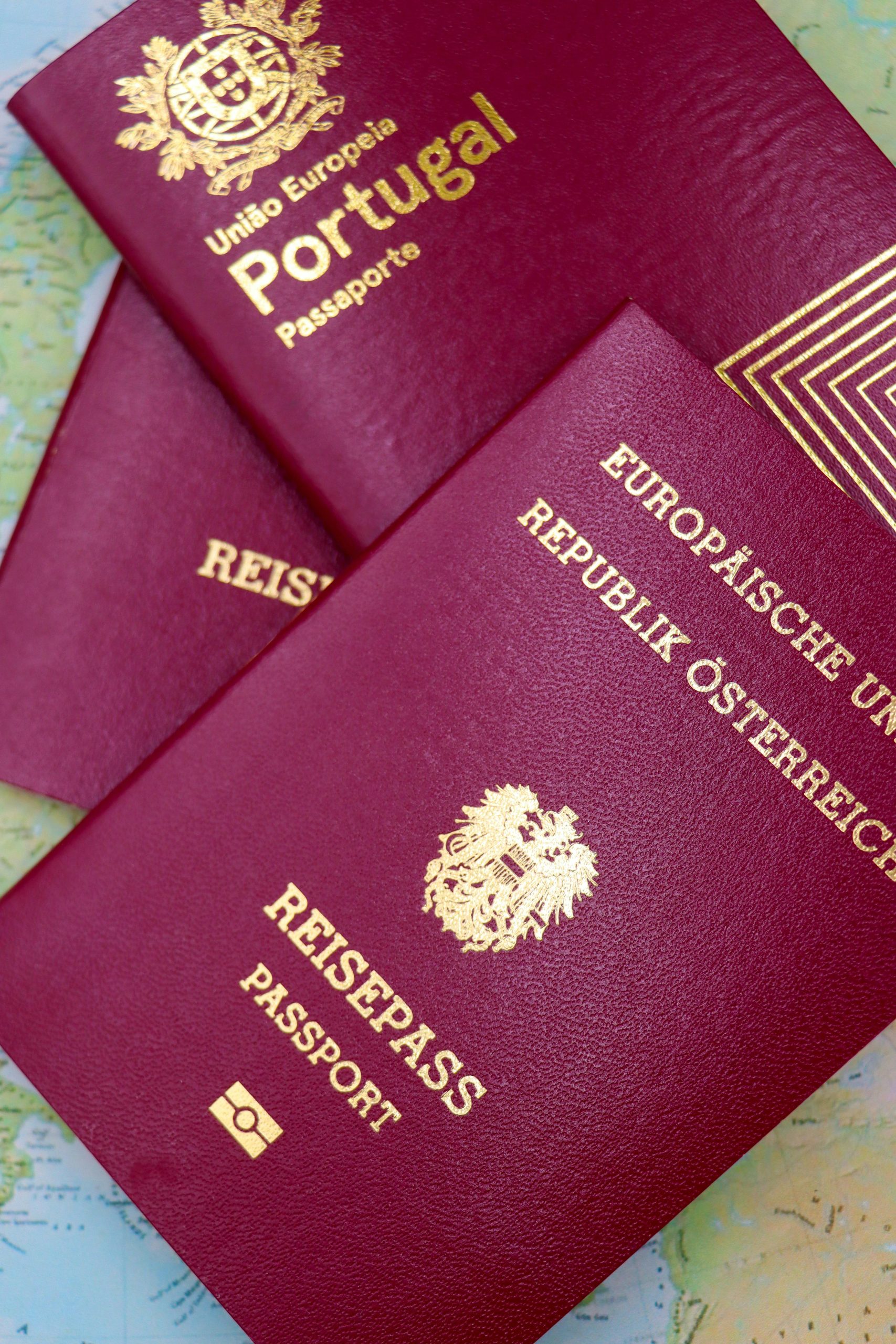For those who have spent years living in a country other than their birthplace, it can often feel like home. The culture, language, cuisine, and landscapes become second nature, and the idea of officially becoming a citizen becomes a natural next step. Portugal recognizes this and offers individuals the opportunity to apply for Portuguese citizenship after five years of legal residence under Article 6(1) of the Portuguese Nationality Law.
Eligibility Criteria for Portuguese Citizenship
The naturalization process, as outlined in Article 6(1) of the Portuguese Nationality Law, requires applicants to meet the following conditions:
- Legal Age or Emancipation: The applicant must be of legal age or emancipated.
- Residency Requirement: A minimum of five years of legal residence in Portugal is mandatory.
- Language Proficiency: Applicants must demonstrate adequate knowledge of the Portuguese language.
- Criminal Record: The applicant must not have been convicted of crimes punishable by three or more years of imprisonment under Portuguese law.
- National Security: The applicant must not pose a threat to Portugal’s homeland security or be associated with terrorism or violent organizations.

Understanding the 5-Year Residency Period
The requirement of five years of legal residence raises a critical question: When does the clock start ticking?
According to Article 15(4) of the Portuguese Nationality Law, the period of legal residence can be counted from the date the temporary residence permit was requested, provided the permit is granted. However, this provision leaves room for interpretation, leading to uncertainties:
- Does the period begin when the residence visa is applied for at the consulate?
- Is it from the date of the visa appointment, visa issuance, or approval?
- Does it start from the residence permit application, approval, or issuance?
AIMA’s Role in Time Counting
The Portuguese Agency for Integration, Migration, and Asylum (AIMA) issues the Certificate of Time Counting, which determines the start date for the 5-year period. Article 19(2)(b) of the Regulation on the Portuguese Nationality Law gives AIMA discretionary power to decide which date to use, whether it’s the visa approval, passport stamp, or residence permit.
This discretion can lead to confusion and concerns for applicants who may risk delays or denials if they apply without meeting the time requirement.
Ongoing Efforts to Address Ambiguity
To resolve these discrepancies, the Portuguese Government is drafting regulations to clarify how AIMA should calculate the 5-year period. However, these regulations are not yet in force. Until then, applicants must navigate this process carefully, prioritizing accuracy to avoid complications.

Additional Considerations
- Application Timing: Applicants are not required to apply for citizenship immediately after completing the 5-year residence period. Under Article 15(3) of the Portuguese Nationality Law, citizenship can be requested within 15 years of completing the required residence period.
- Valid Residence Permit: A valid residence permit must be held at the time of application, even if the applicant has not resided in Portugal for the past 10 years.
The Path Ahead
The Portuguese nationality law aims to address injustices and inefficiencies in the immigration system, including delays in legalizing immigrants. However, until clear guidelines are established, it’s essential to follow a cautious approach to ensure a smooth application process.
If you’re considering applying for Portuguese citizenship, our experienced team can guide you through every step, ensuring compliance with all legal requirements and avoiding potential pitfalls.
Contact us today to take the first step toward becoming a Portuguese citizen.
Would you like any additional revisions or formatting changes?



